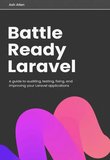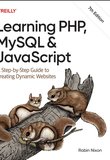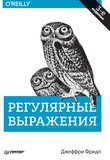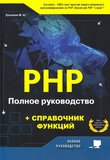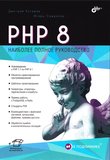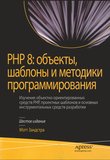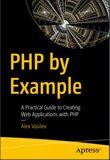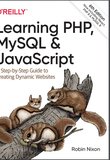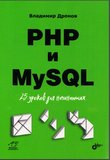-
.NET (.NET Core)
-
1C
-
APL
-
AWK
-
Agda
-
Agile/Scrum
-
Alef
-
Assembler
-
Basic
-
Beta Programming Language
-
Big Data/DataScience
-
C
-
C#
-
C++
-
CSS
-
Cobol
-
Crystal
-
D
-
Dart
-
DataBase (SQL)
-
Delphi
-
F#
-
Flutter
-
Fortran
-
GPT/AI/ИИ
-
GameDev
-
Git
-
Go (Golang)
-
HTML
-
Hacking and Security
-
Haskell
-
Java
-
JavaScript (JS)
-
Julia
-
Kotlin
-
Machine Learning (ML)
-
Natural language processing (NLP)
-
PHP
-
Pascal
-
Python
-
R
-
Ruby
-
Rust
-
Scratch
-
Swift
-
UML
-
UX/UI
-
Visual Basic
-
Wolfram
-
XML
-
АСУ
-
Проектирование/System Design
-
Сети/Network
-
Схемотехника/электронные схемы
-
.NET (.NET Core)
-
1C
-
APL
-
AWK
-
Agda
-
Agile/Scrum
-
Alef
-
Assembler
-
Basic
-
Beta Programming Language
-
Big Data/DataScience
-
C
-
C#
-
C++
-
CSS
-
Cobol
-
Crystal
-
D
-
Dart
-
DataBase (SQL)
-
Delphi
-
F#
-
Flutter
-
Fortran
-
GPT/AI/ИИ
-
GameDev
-
Git
-
Go (Golang)
-
HTML
-
Hacking and Security
-
Haskell
-
Java
-
JavaScript (JS)
-
Julia
-
Kotlin
-
Machine Learning (ML)
-
Natural language processing (NLP)
-
PHP
-
Pascal
-
Python
-
R
-
Ruby
-
Rust
-
Scratch
-
Swift
-
UML
-
UX/UI
-
Visual Basic
-
Wolfram
-
XML
-
АСУ
-
Проектирование/System Design
-
Сети/Network
-
Схемотехника/электронные схемы
Меню
PHP 8 Quick Scripting Reference: A Pocket Guide to PHP Web Scripting. 3 Ed
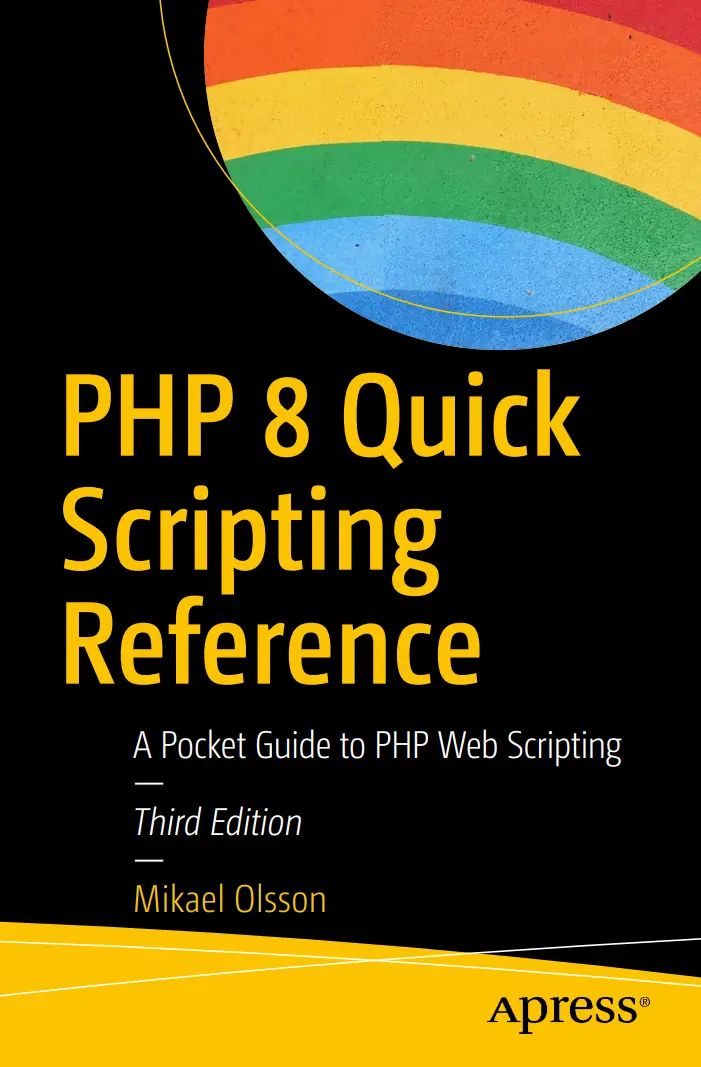
Автор: Olsson Mikael
Дата выхода: 2021
Издательство: Apress Media, LLC.
Количество страниц: 188
Размер файла: 516,0 КБ
Тип файла: PDF
Добавил: codelibs
About the Author
About the Technical Reviewer
Introduction
Chapter 1: Using PHP
- Embedding PHP
- Outputting Text
- Installing a Web Server
- Hello World
- Compile and Parse
- Comments
Chapter 2: Variables
- Defining Variables
- Data Types
- Integer Type
- Floating-Point Type
- Bool Type
- Null Type
- Default Values
Chapter 3: Operators
- Arithmetic Operators
- Assignment Operators
- Combined Assignment Operators
- Increment and Decrement Operators
- Comparison Operators
- Logical Operators
- Bitwise Operators
- Operator Precedence
- Additional Logical Operators
Chapter 4: String
- String Concatenation
- Delimiting Strings
- Heredoc Strings
- Nowdoc Strings
- Escape Characters
- Character Reference
- String Compare
- String Functions
Chapter 5: Arrays
- Numeric Arrays
- Associative Arrays
- Mixed Arrays
- Multi-dimensional Arrays
Chapter 6: Conditionals
- If Statement
- Switch Statement
- Alternative Syntax
- Mixed Modes
- Ternary Operator
- Match Expression
Chapter 7: Loops
- While Loop
- Do-while Loop
- For Loop
- Foreach Loop
- Alternative Syntax
- Break
- Continue
- Goto
Chapter 8: Functions
- Defining Functions
- Calling Functions
- Function Parameters
- Optional Parameters
- Named Arguments
- Variable Parameter Lists
- Return Statement
- Scope and Lifetime
- Anonymous Functions
- Closures
- Arrow Functions
- Generators
- Built-in Functions
Chapter 9: Class
- Instantiating an Object
- Accessing Object Members
- Initial Property Values
- Constructor
- Destructor
- Case Sensitivity
- Object Comparison
- Anonymous Classes
- Closure Object
Chapter 10: Inheritance
- Overriding Members
- Final Keyword
instanceofOperator
Chapter 11: Access Levels
- Private Access
- Protected Access
- Public Access
varKeyword- Object Access
- Access Level Guideline
- Accessors
Chapter 12: Static
- Referencing Static Members
- Static Variables
- Late Static Bindings
Chapter 13: Constants
constdefineconstanddefine- Constant Guideline
- Magic Constants
Chapter 14: Interface
- Interface Signatures
- Interface Example
- Interface Usages
- Interface Guideline
Chapter 15: Abstract
- Abstract Methods
- Abstract Example
- Abstract Classes and Interfaces
- Abstract Guideline
Chapter 16: Traits
- Inheritance and Traits
- Trait Guidelines
Chapter 17: Importing Files
- Include Path
requireinclude_oncerequire_oncereturn_autoload
Chapter 18: Type Declarations
- Argument Type Declarations
- Return Type Declarations
- Strict Typing
- Nullable Types
- Union Types
- Property Type Declarations
Chapter 19: Type Conversions
- Explicit Casts
settypegettype
Chapter 20: Variable Testing
issetemptyis_nullunset- Null Coalescing Operator
- Nullsafe Operator
- Determining Types
- Variable Information
Chapter 21: Overloading
- Property Overloading
- Method Overloading
issetandunsetOverloading
Chapter 22: Magic Methods
__toString__invoke- Object Serialization
__sleep__wakeup__set_state- Object Cloning
Chapter 23: User Input
- HTML Form
- Sending with POST
- Sending with GET
- Request Array
- Security Concerns
- Submitting Arrays
- File Uploading
- Superglobals
Chapter 24: Cookies
- Creating Cookies
- Cookie Array
- Deleting Cookies
Chapter 25: Sessions
- Starting a Session
- Session Array
- Deleting a Session
- Sessions and Cookies
Chapter 26: Namespaces
- Creating Namespaces
- Nested Namespaces
- Alternative Syntax
- Referencing Namespaces
- Namespace Aliases
namespaceKeyword- Namespace Guideline
Chapter 27: References
- Assign by Reference
- Pass by Reference
- Return by Reference
Chapter 28: Advanced Variables
- Curly Syntax
- Variable Variable Names
- Variable Function Names
- Variable Class Names
Chapter 29: Error Handling
- Correcting Errors
- Error Levels
- Error-Handling Environment
- Custom Error Handlers
- Raising Errors
Chapter 30: Exception Handling
try-catchStatement- Throwing Exceptions
catchBlockfinallyBlock- Rethrowing Exceptions
- Uncaught Exception Handler
- Errors and Exceptions
Chapter 31: Assertions
- Assert Performance
This pocket reference has been updated with the new PHP 8 release. It is a condensed, code-rich scripting and syntax handbook for the PHP scripting language. You won’t find any technical jargon, bloated samples, drawn-out history lessons or witty stories in this book. What you will find is a web scripting language reference that is concise, to the point, and highly accessible. The book is packed with useful information and is a must-have for any PHP programmer or web developer. In it, you will find a concise reference to the PHP 8 scripting language syntax. It includes short, simple, and focused code examples; a well-laid-out table of contents; and a comprehensive index allowing easy review.
PHP 8 Quick Scripting Reference presents the essentials of PHP in a well-organized format, including new features in PHP 8 such as the just in time (JIT) compiler, union types, nullsafe operator, null coalescing assignment operator, match expressions, named arguments, throw expressions, static return type, non-capturing catches, reclassified engine warnings and constructor property promotion.
What You Will Learn
- Discover what is new in PHP 8 and how to get started with it
- Work with variables, operators, strings, arrays, conditionals, loops, and other constructs
- Group and reuse code with functions, methods, and namespaces
- Use object-oriented features such as classes, inheritance, abstract classes, and interfaces
- Import files and retrieve user data
- Make use of type declarations and type conversions
- Test variables, create references, and use overloading methods
- Store user data with cookies and sessions
- Deal with errors through error handling, exception handling, and assertions
